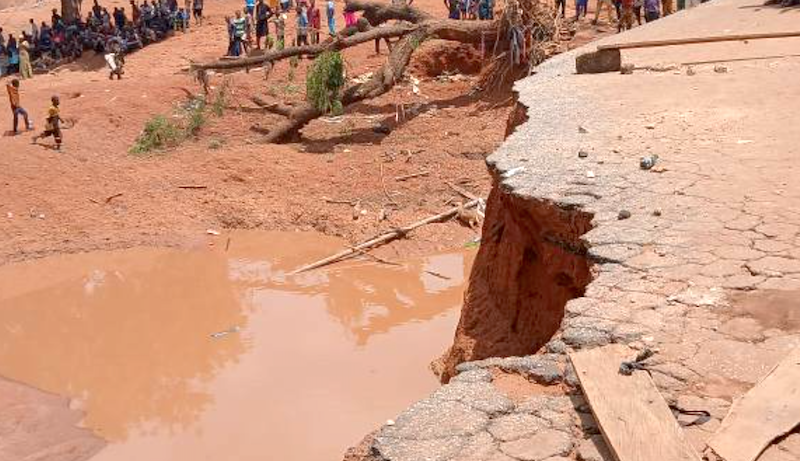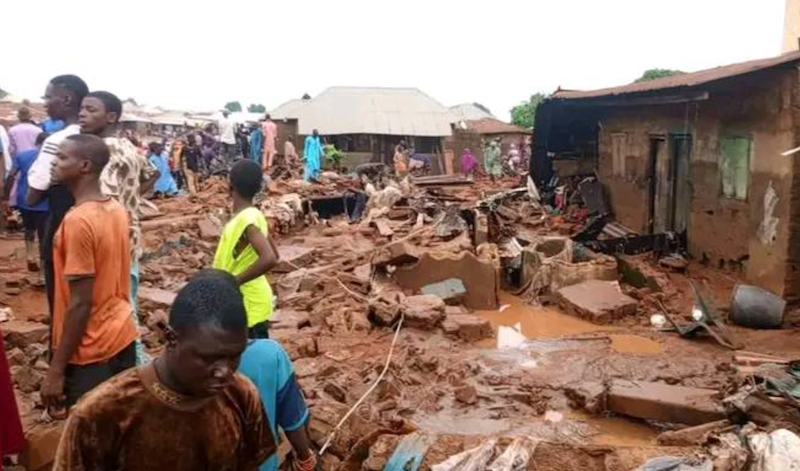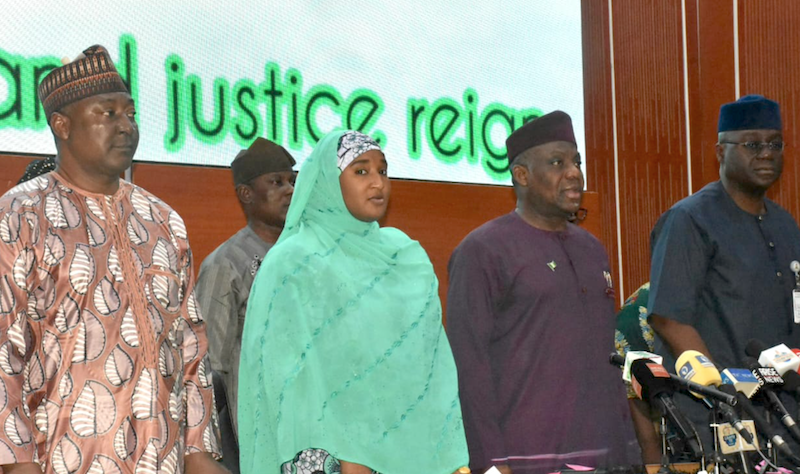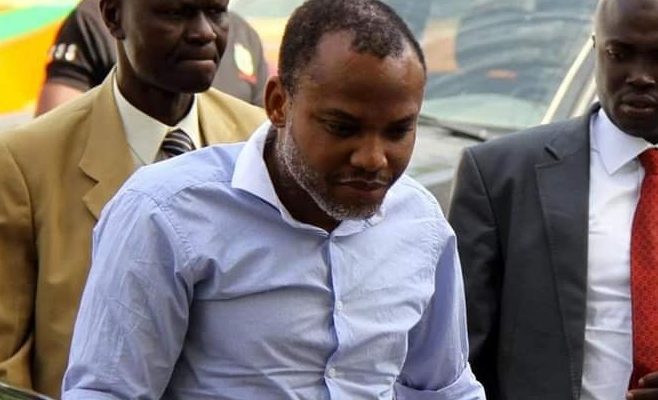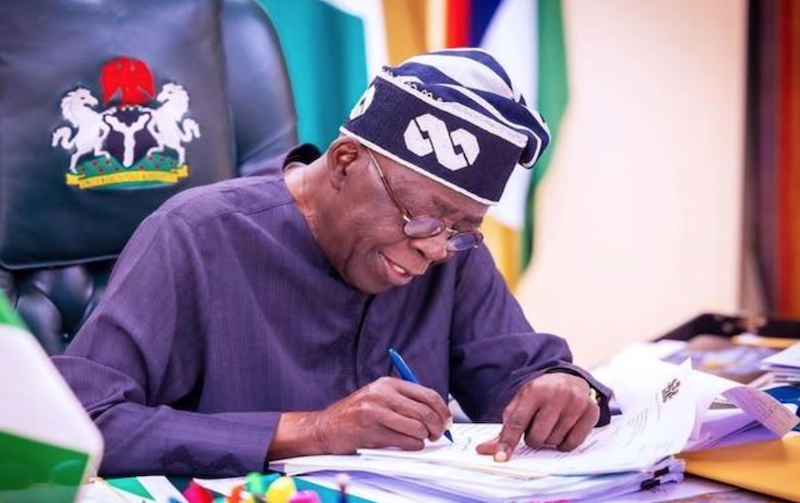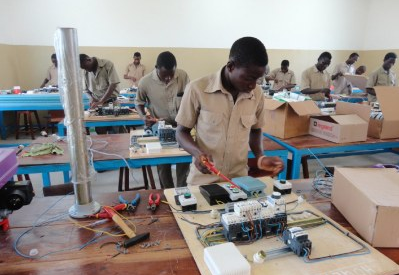The Bureau of Public Service Reforms (BPSR) and the Centre for Fiscal Transparency and Public Integrity (CeFTPI) have launched the 2025 Transparency and Integrity Index (TII) Methodology Handbook.
The event was held in Abuja on Monday and drew participation from senior officials and representatives of Ministries, Departments, and Agencies (MDAs) across the country.
Now in its fifth year, the TII offers a consistent framework for evaluating over 500 national and sub-national bodies across five key governance pillars.
These pillars include Fiscal Transparency, Open Procurement, Control of Corruption, Human Resources and Inclusion, and Citizens Engagement.
The revised methodology is anchored in national laws and international frameworks, including the UN Convention Against Corruption.
It promotes proactive online disclosure of essential information like budgets, procurement records, staff data, and anti-corruption policies.
In his keynote address, Secretary to the Government of the Federation (SGF), Sen. George Akume, highlighted the TII’s relevance to national development and accountability.
Represented by Dr Nnamdi Mbaeri, Permanent Secretary, General Services Office, Akume said transparency and integrity form the foundation of public trust.
“Through TII implementation, we can drive a culture of accountability, transparency, and inclusivity in public administration,” he said.
He urged MDAs to adopt the methodology and embed it within their operational frameworks for improved governance and ethical service delivery.
Presenting the updated methodology, CeFTPI Executive Director, Dr Umar Yakubu, stressed the importance of proactive information disclosure by public institutions.
“Institutional performance is assessed by the publication of statutory data, including budgets, staff records, procurement details, and anti-corruption measures.
“Each of the five categories carries equal weight, with scoring based on accessibility, completeness, and legal compliance,” Yakubu explained.
He clarified that the Index is intended to drive reform, not embarrass institutions, by encouraging self-assessment and transparency.
“The TII serves as a preventive tool against corruption. MDAs should carefully review the criteria and work towards improved openness,” he stated.
The 2025 evaluation is currently underway, with final rankings scheduled for release on Sept. 28 International Day for Universal Access to Information.
Yakubu urged MDAs to align with the revised methodology to strengthen public confidence and enhance service delivery outcomes.
BPSR Director-General, Dr Dasuki Arabi, commended CeFTPI’s efforts and noted that the Index aligns with Nigeria’s broader reform goals.
“There is increasing compliance with the TII framework. The updated methodology addresses emerging governance challenges and fosters continuous improvement,” he said.
He added that the Index supports Executive Order 001 on public service transparency and backs the Tinubu administration’s economic reform agenda.

